The odds of the highest political offices of the British Isles being occupied by people of non-traditional ethnicity are long. So how did this happen, and why are traditional Poms being left out?
From tomorrow, five of the main political leaders in the British Isles will not be of – how do I say this without attracting the attention of the censorship-industrial complex? – not of traditional British/Irish stock.
The five are London Mayor (since 2016) Sadiq Khan, Irish Prime Minister (since 2017) Leo Varadkar, British Prime Minister (since 2022) Rishi Sunak, Scottish First Minister (since 2023) Humza Yousaf Leo Varadkar, and First Minister of Wales (from tomorrow) Vaughan Gething.
As you can see, this has all happened in a short period of time, and to some part undemocratically.
Varadkar, for example, was never really elected – he first came to power in a mid-term leadership election in 2017, where most rank-and-file members of his party, Fine Gael, voted for his opponent, but the parliamentary party voted Varadkar in anyway. In the 2020 election, his party’s support plummeted, losing 15 seats, and Varadkar lost the premiership, retrieving it in 2022 through a coalition deal. His party’s popularity, meanwhile, has plummeted to 18 per cent.
Sunak too assumed office not through a general election but by being the only contender after Liz Truss (herself unelected) resigned as Prime Minister.
Yousaf, a Pakistani Muslim, became First Minister democratically, but still against the will of most Scots. Yousaf won in a vote of Scottish National Party members, but polls showed that amongst SNP voters, Yousaf was less favoured than his opponent by 8 per cent, and 15 per cent less favoured by Scottish voters generally.
Yousaf is an extreme social progressive. In 2020 he complained that “most senior positions in Scotland are filled almost exclusively by people who are white”.
Vaughan Gething won a Welsh Labour party spill last week, making him set to be the first African leader of any European country. He beat his opponent by just 1.7 per cent, and even then on a technicality, according to some. Last year a poll found he would lose to “somebody else” by 3 per cent.
All these leaders are immensely unpopular. All but one (Khan) were installed by party machinations. The natural question is, how did this happen? How did these majority-white places all end up with leaders from minority populations?
The odds are long. If you were to pluck a person at random from each of these constituencies, the chance of all of them not being white is a staggering 1 in 45,000.
The odds get even longer if you include the policies that these politicians promulgate.
As London Mayor, Sadiq Khan has overseen a disturbing increase in crime, especially involving knives. His draconian taxes on car use has made working in the city hell for the poorest while rewarding the rich who can afford electric vehicles.
His net approval has always been negative, but he skated to victory by pandering to ethnic minorities in the wake of the death of George Floyd, and “diversity is our strength” platitudes.
But Khan’s base is solid. According to the 2021 census, London is now only 36.8 per cent white. In 1961, Britain overall was 99.4 per cent white.
Varadkar ticks another progressive box, being the first leader of a European country who is both homosexual and brown. He took the nation into the successful 2018 abortion referendum, although he didn’t get his way in the recent gender-equality referendum. He has also been responsible to the largest surge of immigration to Ireland since the influx from the European Union under Bertie Ahern.
Varadkar comes from the Indian community of Ireland, which makes up less than 2 per cent of the population of the country.
He says Ireland needs to “consider all that we’d be willing to change”, including "a new Senate to strengthen the representation of minorities”.
Rishi Sunak is the first pagan leader of England since 655. When he was the Chancellor of the Exchequer, he commissioned the minting of a new 50p coin emblazoned with the slogan, “Diversity built Britain”.
Sunak has continued the Conservative tradition of playing both sides of the immigration debate, publicly decrying illegal migration and migration numbers, but doing nothing to prevent it in practice. Under his premiership, immigration, legal and illegal, has skyrocketed. You can guess from which subcontinent most of these migrants hail.
Clearly, something about the liberal democratic system is propping these minorities up. More alarming is the growing prevalence of ethnic bloc voting – that minority electors are not voting on the issues, but rather on who panders most to, or is a member of, their ethnic group. This form of electoralism is an affront to the British tradition of democracy, and with current demographic trends, will spiral out of control if not confronted soon.










